- Culture Vibrations
- Posts
- My Assyrian Heritage: The Curse and Blessing of Social Media
My Assyrian Heritage: The Curse and Blessing of Social Media
Social media can turn a huge world into a small one.
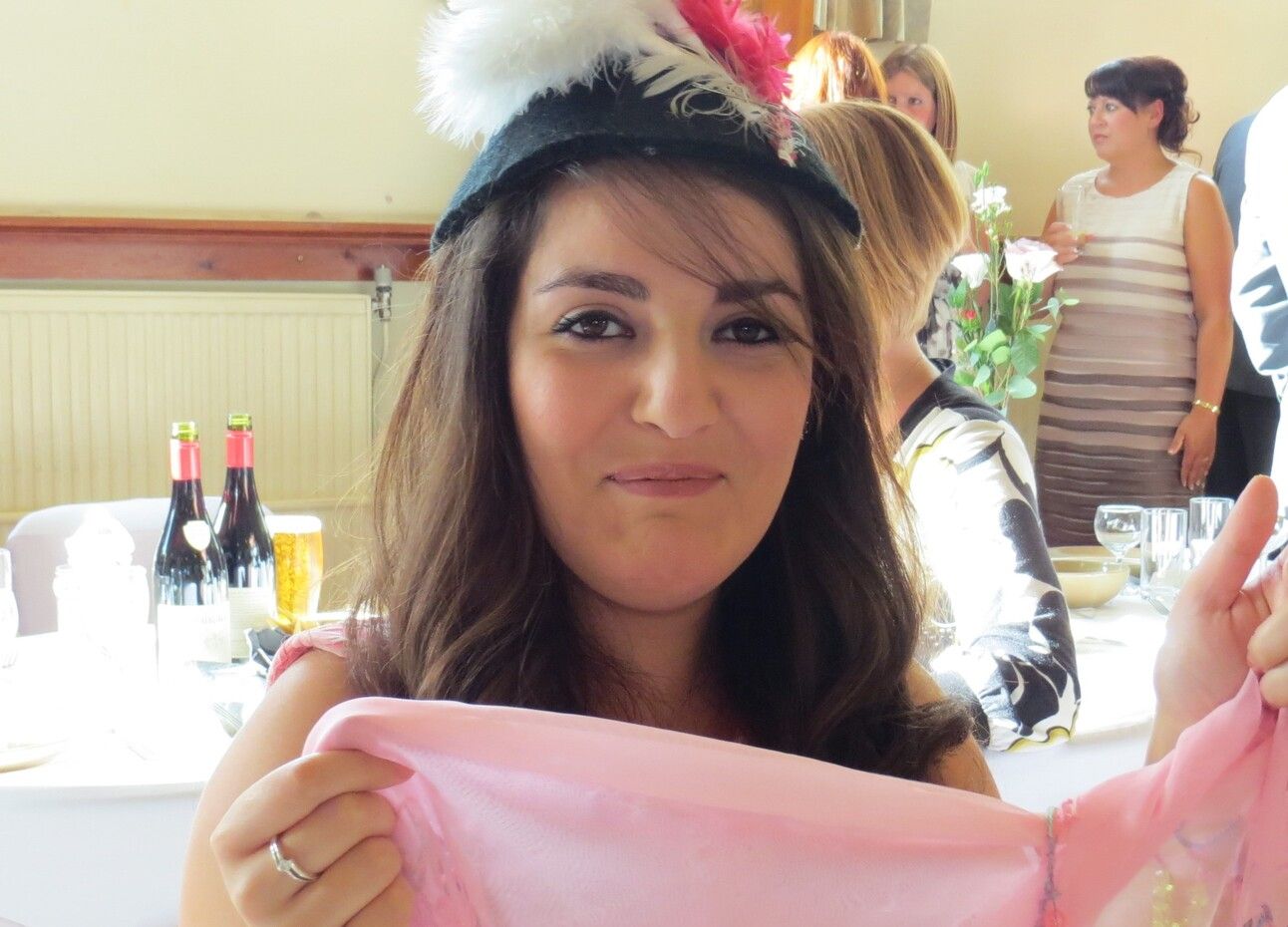
I come from an Assyrian background; an ethnic indigenous group native to Mesopotamia – known as the cradle of civilisation.
The word Mesopotamia is Greek for ‘the land between two rivers’, which is modern day Iraq, and the rivers referenced are Tigris and Euphrates. The region was initially inhabited by ancient ethnic groups: Sumerians, Babylonians, Akkadians, Assyrians and Chaldeans.
Assyrians have been living in their indigenous homeland for thousands of years but over the last two centuries alone, millions have been driven out of their lands due to violence, persecution and genocide. As a result, many live in diaspora, my family included.
As of 2022 there are less than 150,000 of us living in Iraq and only around 3,000,000 of us in the world. So, you can imagine that maintaining our culture and heritage has become very difficult.
Growing up, I’ve dipped in and out of my culture thanks to my parents’ huge efforts to bring my sister and I to gatherings with family as often as they could.
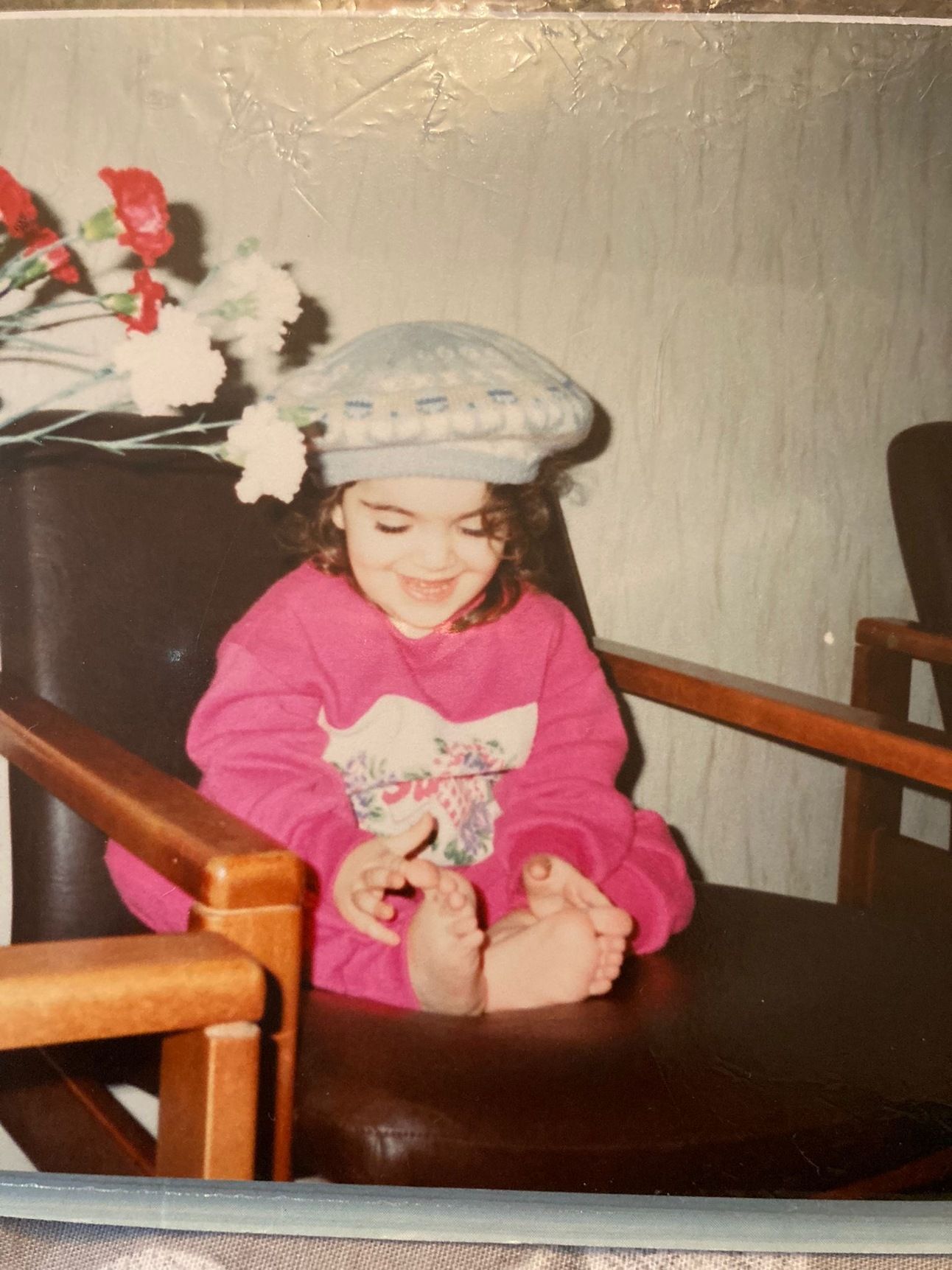
Me as a child when we lived in Scotland soon after my parents fled Iraq during the Gulf War
We have family living in various parts of the world: Canada, the US, Sweden, Australia, Spain, Iraq and the UK. During my childhood we would visit family in Toronto every other year. These moments strengthened my connection with our culture.
But as I transitioned into adulthood, it got harder to keep the cultural and family attachment alive. However, by this time and after years of immersing myself in our heritage I had developed a strong desire to follow my own path of reconnection to my roots.
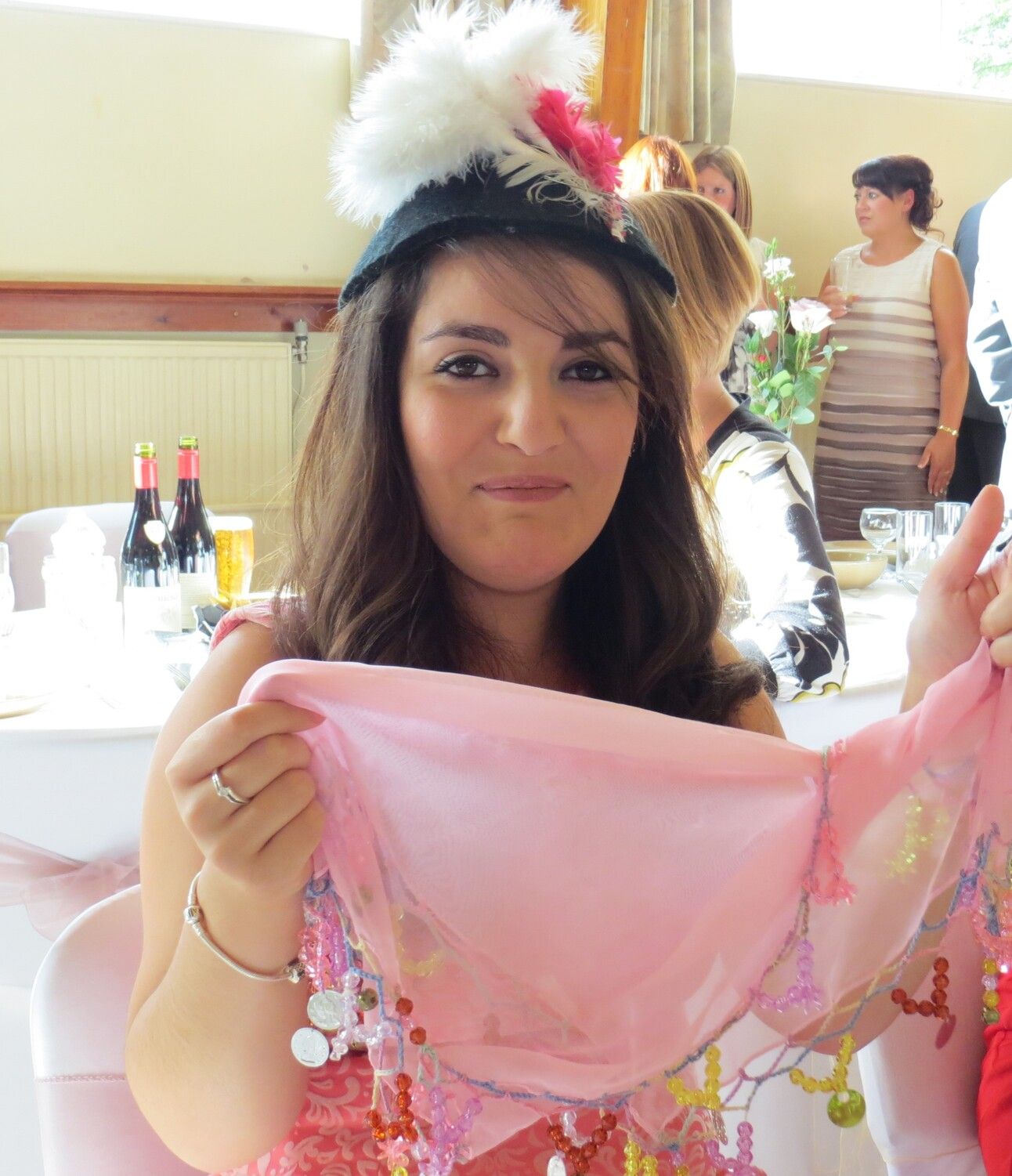
We often attended Assyrian weddings where we would dance Khigga (Pictured: Me in 2015 holding a Yalekhta)
Despite its flaws, social media has been a great source for me to unite with fellow Assyrians all over the world. It’s a powerful tool when used positively.
There is nothing in this world that is purely positive, but everything in this world can be beneficial to us if we use it the right way. I’ve had moments of pure joy and hope when using social media and I’ve also had moments of despair and sadness; it’s a double-edged sword.
Navigating and exploring social media is like leaving everything you know behind, moving to a new city with no connections or friends to guide you. It’s like building a new network of like-minded people who can help guide you around the city so that you can familiarise yourself and make this new place your home.
That’s how I felt as an Assyrian living in the UK away from extended family, while reconnecting with my heritage on social media. The feeling of finding your people, whomever they are, is rewarding.
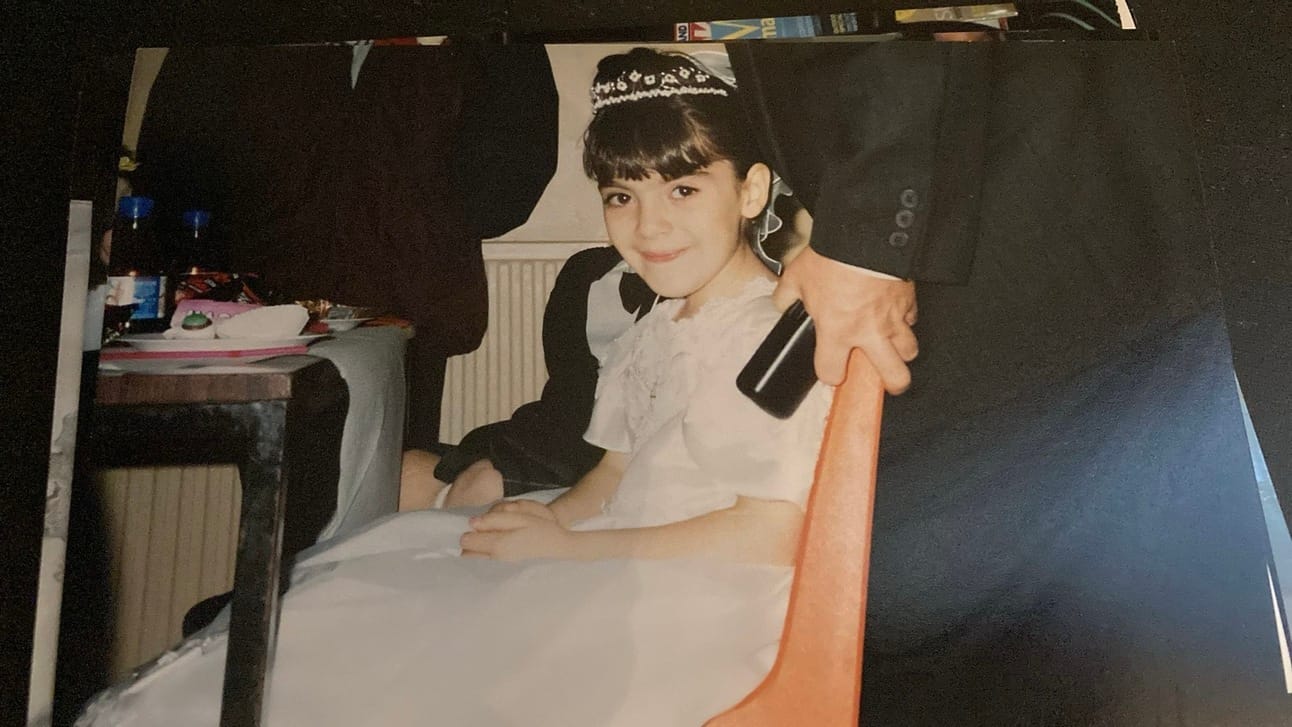
Me at my Holy Communion
All I had to do was type ‘Assyrian’ into the search box on X (formerly Twitter) and Instagram and I was met with so many incredible humans sharing their own attachment to their heritage in a multitude of ways.
Something that will always inspire me and make me proud of all those who have indigenous roots is their ability to share their cultures through artistic means. Whether they use art to illustrate their journey or writing, music, poetry, food, comedy etc these are all beautiful forms of self-expression. That’s what connects us.
In my very large family, I’m the only journalist, so I was blown away when I came across the Instagram page @AssyrianJournalists. Finding a community of journalists who are helping to spread the word of our roots was an incredible and life-changing experience.
Speaking and interacting with Assyrians has been the most valuable source of education for me; I’ve learned so much about where we come from, our history, our culture. Let’s keep connecting, talking and conversing. The only way our people can be erased from history is by being silent
Last week, I spoke to Sarah Behjet, an Iraqi American who lives in Connecticut, about her journey reconnecting with her roots and the pros and cons of social media.
She founded a group called ‘Bring Arab Youth Together’ (BAYT), an initiative to increase pride and strength within the Arab youth community through social media.
Both of her parents were born in Iraq; her mother’s parents are of Georgian, Armenian and Turkish descent, her father’s family are Assyrian, and her grandmother is from Urmia, Iran.
“Given that I live in Connecticut, a state that is not densely populated with Middle Eastern people, I have found it difficult to connect to my roots,” Sarah said.
“However, I have consciously explored ways to grow nearer to the robust cultures of my parents. Through music, exposure to languages, and cultural dishes, both my cultural pride and awareness have flourished.
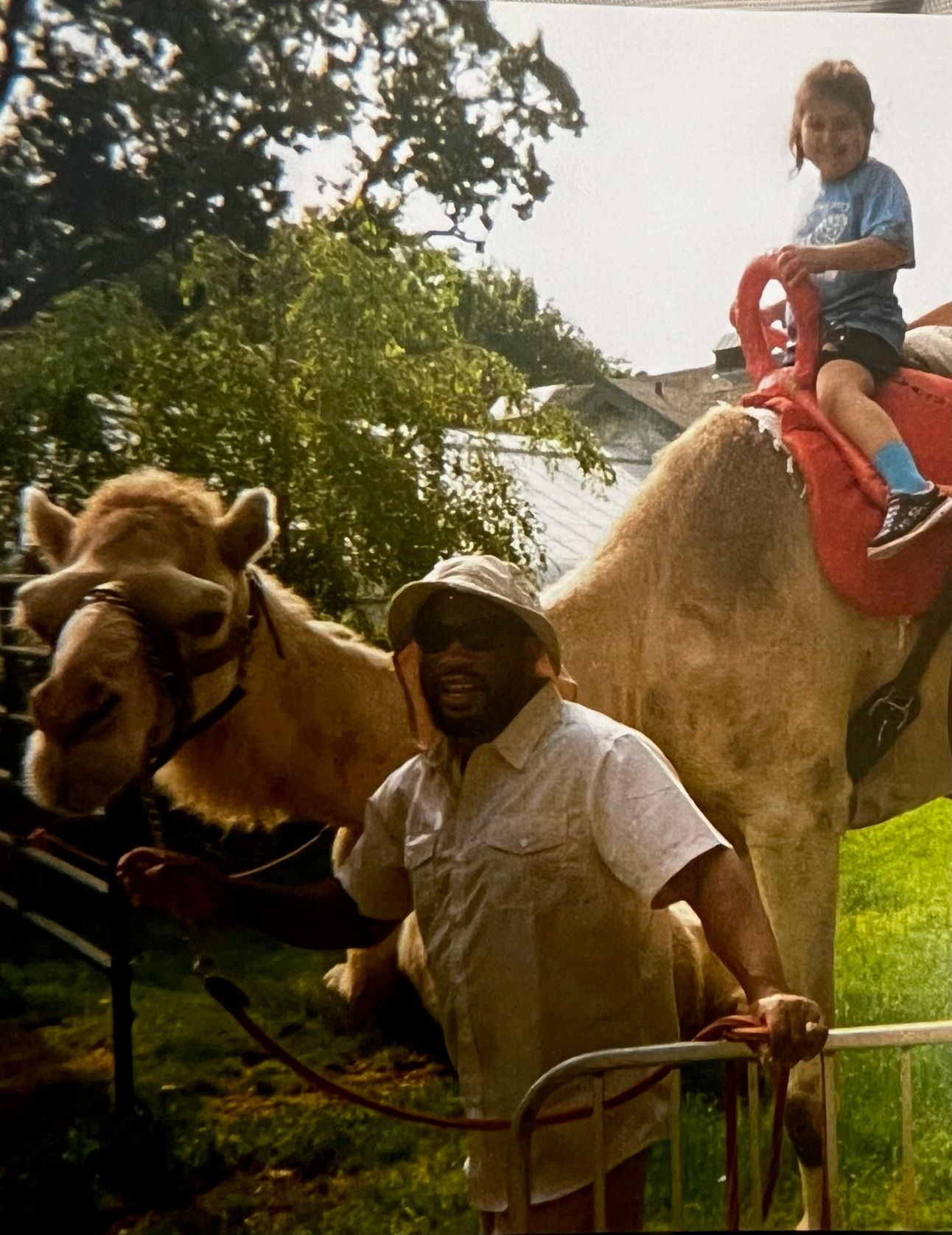
Sarah on a camel, a childhood memory she cherishes
“One primary positive of social media is the ability to connect with other Middle Eastern individuals regardless of their location. Whether they are in their homeland or in diaspora, rich cultural connections are preserved through online communication.
“As the executive director of BAYT, I witness first-hand the beauty that emerges from sincere interactions with fellow Arab-identifying people. From sharing information about baklawa to uploading images of North African stamp art, culture is fluid and alive online.”
Sarah has also struggled with one aspect of social media.
“One con that I encounter through social media is judgment,” she said.
“Unfortunately, even the communities we cherish dearly are subject to judgment from onlookers and fellow members of the community. Unsolicited judgment polarises communities that may already be fragile.
“I have occasionally felt as though the way I connect with my culture is invalid or illegitimate, especially considering comments on social media.
“Social media has perpetuated the notion that your ancestry directly correlates to cultural expression. Personally, I believe this is false. Cultural joy can blossom in any individual’s life, even enthusiasts of a given culture.
“You do not have to be a ‘pure’ Assyrian, Persian, Arab, etc. to fervently love each ethnicity’s respective traditions. Rather, social media should emphasise that culture is what you make of it!”
I couldn’t agree more, Sarah. That’s what I believe diaspora generations of all ethnicities and races bring to the table; an amalgamation of varied cultures that help enrich traditional lifestyles that got us here in the first place. It’s about honouring those before us while embracing our own unique stamp on our culture.
For Assyrians, recounting experiences of Iraq, allowing them to tell their own stories, is not only a form of catharsis parallel to ethical practices of research, but more basically it enriches the mosaic of Iraq
Speaking to a myriad of Assyrian organisations and prominent individuals in the community through social media has brought Sarah closer to her roots.
“Social media truly knows no bounds,” she said.
“I remember when I was in the process of interviewing people for an article draft, and I only knew few people to interview. Given that the article concerned Assyrians, I decided to reach out to Assyrian organisations and prominent individuals in the community.
“Even though I did not have strong connections with my interviewees, their heartfelt, detailed responses made my day.
“Many of them exceeded my expectations and gave me responses beyond my imagination! It was at that moment that I truly regarded social media as a blessing.”
For all of its flaws, social media has brought so many people together but this only happens to people who yearn for human connection.
Reply